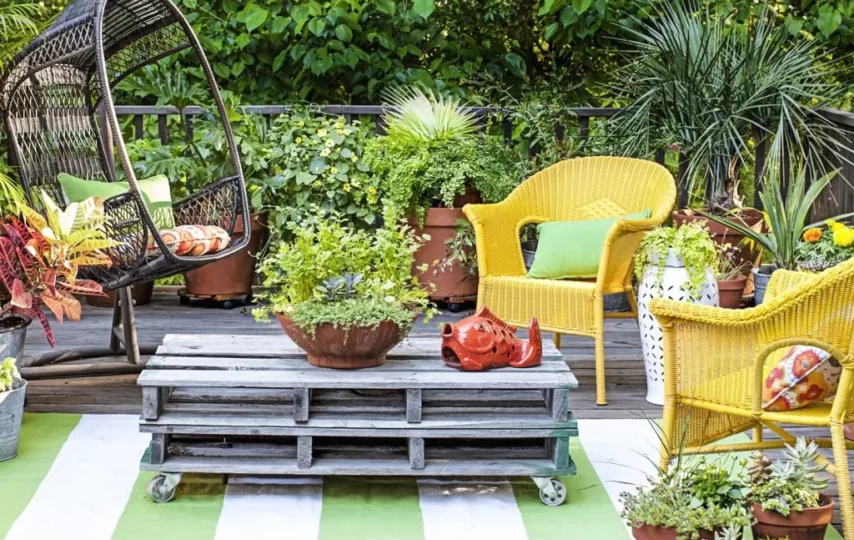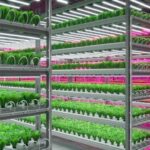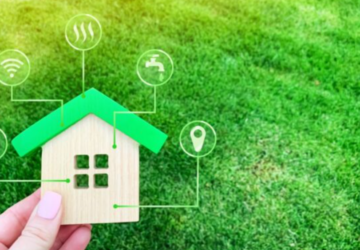Introduction
Selecting the right plants for your garden ensures a successful and enjoyable gardening experience. Considering your local climate and conditions, you can create a thriving garden that works harmoniously with its surroundings. Garden boxes are versatile and adaptable options for growing plants that suit your specific environment.
Understand Your Climate Zone
The first step in choosing the right plants for your garden is understanding your climate zone. Climate zones are classified based on temperature, rainfall, and frost dates. Familiarize yourself with your area’s climate zone by consulting gardening books, local nurseries, or online resources. This information will help you select well-suited plants for your region’s unique conditions.
Consider Microclimates
Microclimates are small areas within your garden with different environmental conditions than the surrounding area. Sun exposure, wind patterns, or proximity to structures can cause these. Pay attention to the microclimates in your garden and choose well-suited plants for each specific area. Garden box can be handy for capitalizing on microclimates, as they can be easily moved and positioned to take advantage of varying conditions.
Choose Native Plants
Native plants have evolved to thrive in your local environment, making them ideal choices for your garden. These plants are well-adapted to your region’s climate and often require less maintenance than non-native species. Additionally, native plants support local wildlife and biodiversity. Consult with local nurseries or gardening groups to learn more about the native plants suitable for your area.
Opt for Drought-Tolerant or Water-Wise Plants
In regions with limited water availability or drought-prone climates, selecting drought-tolerant or water-wise plants can be essential for a successful garden. These plants require less water to thrive, reducing the strain on local water resources and simplifying garden maintenance. Garden boxes can be particularly beneficial for growing drought-tolerant plants, providing improved drainage and preventing overwatering.
Factor in Soil Type and Drainage
It’s essential to comprehend your soil type and drainage system before selecting the plants for your garden.. Different plants have varying preferences for soil composition, nutrient levels, and moisture content. Perform a soil test to determine your soil type and amend it as necessary to create the optimal growing conditions for your chosen plants. Garden boxes can control your soil composition, allowing you to make the ideal growing medium for each plant.
Composting can significantly improve the quality of the soil. When organic matter such as food scraps, yard waste, and other biodegradable materials are composted, they break down into nutrient-rich soil amendments that can improve soil structure, fertility, and water-holding capacity. You can use your daily food waste for composting; for instance, read this article by Subpod to learn if meat can be composted. Compost also helps to balance soil pH, reduce erosion, and suppress plant diseases and pests. By adding compost to your soil, you can improve the health of your plants and create a more sustainable and self-sufficient garden.
Research Plant Hardiness
Plant hardiness refers to a plant’s ability to withstand temperature extremes and survive in its local climate. When selecting plants for your garden, choose those with a hardiness rating that is compatible with your climate zone. This will help ensure that your plants are resilient and thrive in your specific environment.
Conclusion
Choosing the right plants for your garden based on your local climate and conditions is essential for cultivating a successful and enjoyable outdoor space. By understanding your climate zone, considering microclimates, and selecting native and hardy plants, you can create a garden that thrives in harmony with its surroundings. Garden boxes offer a versatile and adaptable solution for growing plants tailored to your unique environment, providing an excellent foundation for a flourishing garden.








